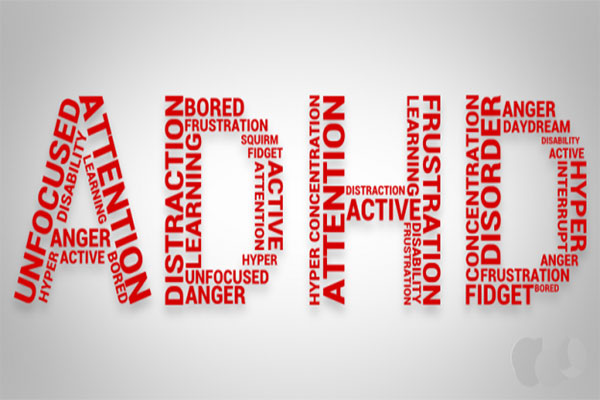While ADHD isn’t the same thing as childhood ADHD, adult patients with the condition must undergo an evaluation for the disorder. The patient’s physician can recommend them to a doctor who specializes in the disorder. They can also check the directory of physicians to find the right specialist. Local support groups can also suggest qualified doctors. If patients aren’t certain which doctor to go to they can contact their insurance company. This article will explain the process of determining whether you’re required to consult a physician.
These steps will assist you in determining whether your child has ADHD. Analyze the signs. The Adult ADHD Questionnaire will be required. After you have completed the questionnaire, you must discuss your findings with a qualified health care professional. The questionnaire is not intended to be used as a diagnostic tool. This does not necessarily mean that the person has a mental illness.
A doctor will identify the patient after conducting a thorough examination. A valid ADHD adult diagnosis must involve reviewing the patient’s medical history, observing the symptoms and using validated scales for behavior. Parents should be aware of the possibility of ADHD should their child exhibit difficulties with attention. It isn’t easy to determine whether a child is suffering from ADHD. The best treatment is to determine the reason.
A diagnosis of adult adhd diagnosis in adults is based on the criteria outlined by the Diagnostic and Statistical Manual of Mental Disorders 5th Edition (DSM-5). The symptoms of ADHD include excessive talkativeness, difficulties waiting their turn, and being an impulsive. A person suffering from ADHD may exhibit any of these symptoms , adhd Diagnosis in Adults or a combination of them. A doctor might decide to treat ADHD if these symptoms are present together.
The most commonly reported ADHD symptoms are the same as in children, but the signs of ADHD in adults must be categorized differently. ADHD symptoms should be present in at the very least two settings. The history of the patient and the evaluation is the best way to determine if they have ADHD. If a child suffers from ADHD then he or she is evaluated and undiagnosed adhd in adults given the correct treatment. ADHD can also be detected in adults in the event that the child is unable to respond to medication.
To be diagnosed with ADHD, an adult must be able to demonstrate symptoms in at least two settings. The symptoms of ADHD must be present in at minimum two settings for a diagnosis to be valid. It is a good indication when the symptoms are evident in more than one setting. If the symptoms are absent in both, the doctor must refer the child for evaluation by a psychiatrist or psychologist. The patient will likely have to be evaluated by a medical professional. To confirm ADHD, the doctor may refer the patient to a psychiatrist.
If a child has ADHD A doctor is required to conduct a behavioral exam. The interview will concentrate on the child’s past behaviors as well as family history and the symptoms of ADHD. The physician must also determine if there are other mental disorders that may have similar symptoms. Adults who suffer from mental disorders may also be affected by co-morbidity. These disorders can cause ADHD symptoms and a higher risk of anxiety, depression and addiction to drugs in adults.
Symptoms of ADHD in adults may differ from the ones seen in children. To be confirmed, one must show at least five symptoms and show them in two or more situations. Certain symptoms may change and the child might not exhibit them in all settings. If a child has ADHD is diagnosed, it should be treated as fast as possible. To prevent relapses the child must be treated.
To allow ADHD to be recognized the symptoms must be present for at least a months and confirmed by a parent, or another informant. The symptoms must be present in at the very least two major environments. An impairment is a condition which has a significant impact on the daily life of a person. Some examples are losing job due to the disorder, excessive conflict in marriage and inability to pay bills, and trouble coordinating social life.